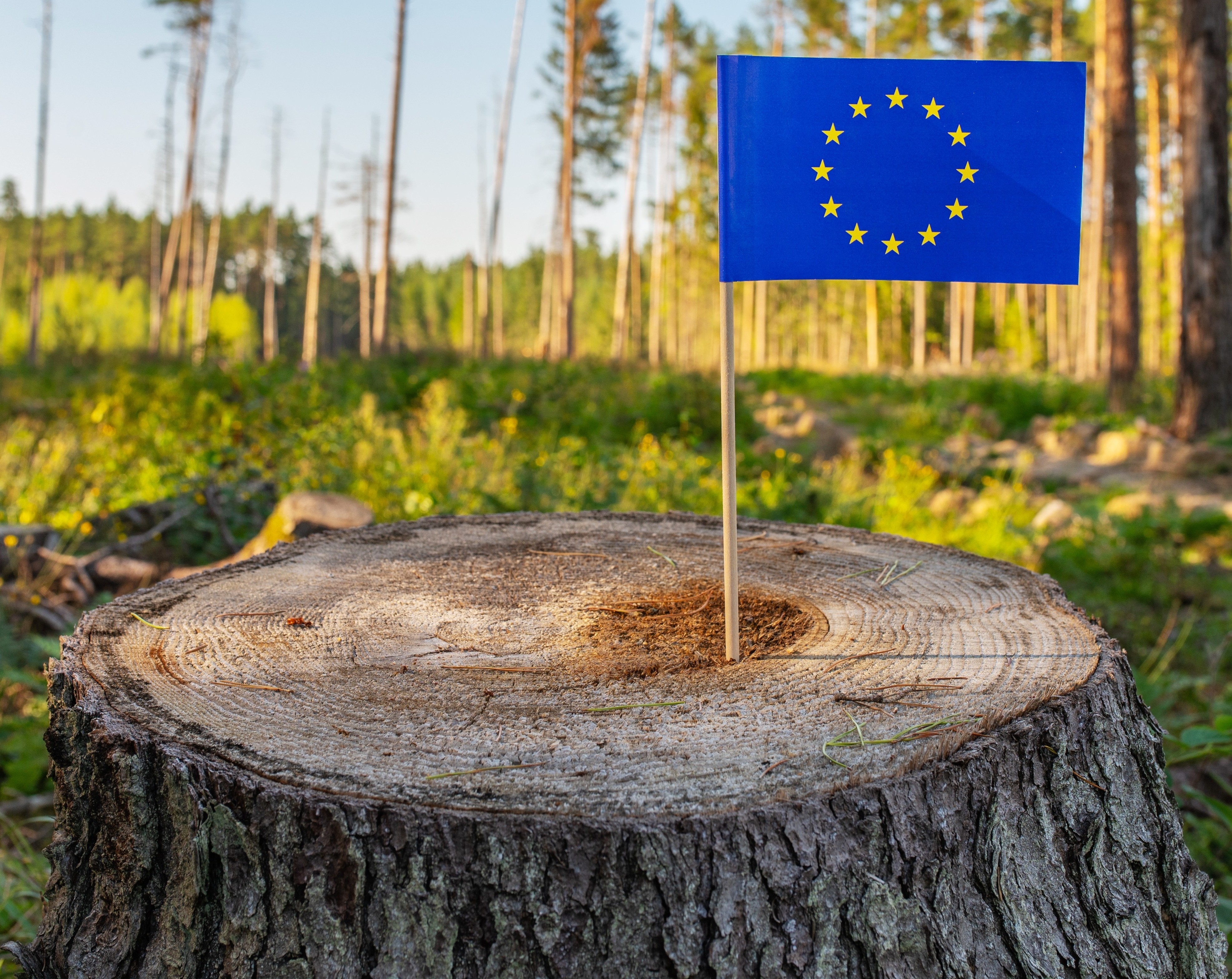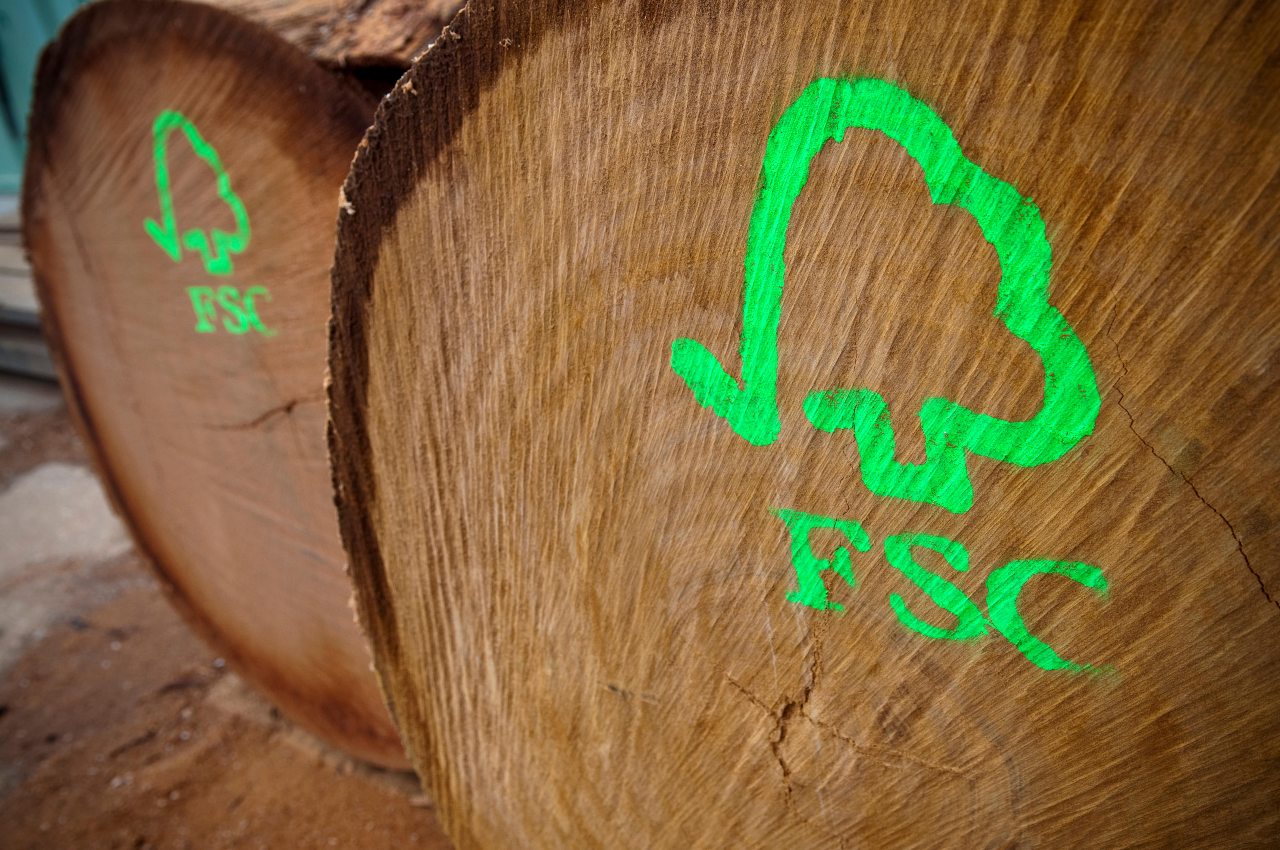
A cattle rancher in Brazil.
The world’s largest sovereign wealth fund has decided to
divest from the Brazilian beef processor JBS SA due to its role in a major,
sprawling corruption scandal.
The Ethical Council of the Norwegian Government Pension Fund
Global (GPFG), a trillion-dollar fund managed by Norges Bank, commissioned an
investigation into the Brazilian firm’s activities after evidence emerged of
its central role in the so-called Car Wash scandal – considered possibly
the biggest
corruption scandal in history.
Former members of JBS’ management and board of directors have admitted to bribing more than 1,800 politicians from 28 different political parties in Brazil.
The recipients of the bribes reportedly include
almost 200 members of parliament, a number of district governors, and former
presidents. In total, the bribes could amount to almost $180 million, paid out
over the past 15 years.
The pension fund decided to divest from JBS on the basis
of the
investigation earlier this month, on the grounds that there was “an
unacceptable risk” that a company is “contributing to or is itself responsible
for gross corruption”.
JBS is the world’s second largest food company and largest
meat producer. By the end of 2017, the GPFG held 1.78% of its shares.
The fund has established a set of ethical guidelines, that determine the
circumstances under which investments can be prohibited – including corruption.
Wesley and Joesley Batista, the sons of JBS founder, who
served as its CEO and chairman respectively, were central to the bribery. They
entered a plea bargain at the Brazilian Supreme Court in May 2017, after which
recordings of their statements were leaked to the public, in which they
admitted bribing the politicians, directly or indirectly. The bribes were
intended to allow it to access public financing, tax breaks and other
advantages.
Soon after the plea bargain was announced, it emerged the
Batista brothers were under
investigation once again, for insider trading and suspicious transactions
made before news of the plea bargain leaked.
Originally an investigation into money laundering, Operation
Car Wash expanded as the evidence of systemic corruption connecting the highest
levels of Brazilian business and politics emerged.
The GPFG’s Ethical Council assessed that the corruption admitted by JBS was of such a scale and seriousness that “the company, at an early stage, should have investigated the allegations, cracked down on the corrupt acts and implemented measures to prevent new incidents of corruption”.
It concluded that this was not the case, noting that the Batista brothers were
not suspended when they came under investigation.
The Council assessed that the company had failed to
systematically address the evidence that corruption had taken place, and that
it had instead “primarily, been concerned to avoid a negative focus on the
company”.
Last year Brazil’s environmental agency, Ibama, found that
JBS had also bought livestock raised on illegally-deforested land. “Operation
Cold Meat” revealed that
two slaughterhouses belonging to JBS had bought 49,468 heads of cattle from
embargoed ranches. It was hit with a fine of more than $7 million.
JBS has also bought cattle from ranches that used labourers
as “modern-day slaves”. A Guardian
investigation found that JBS meat had reached supermarket shelves in
the UK.



